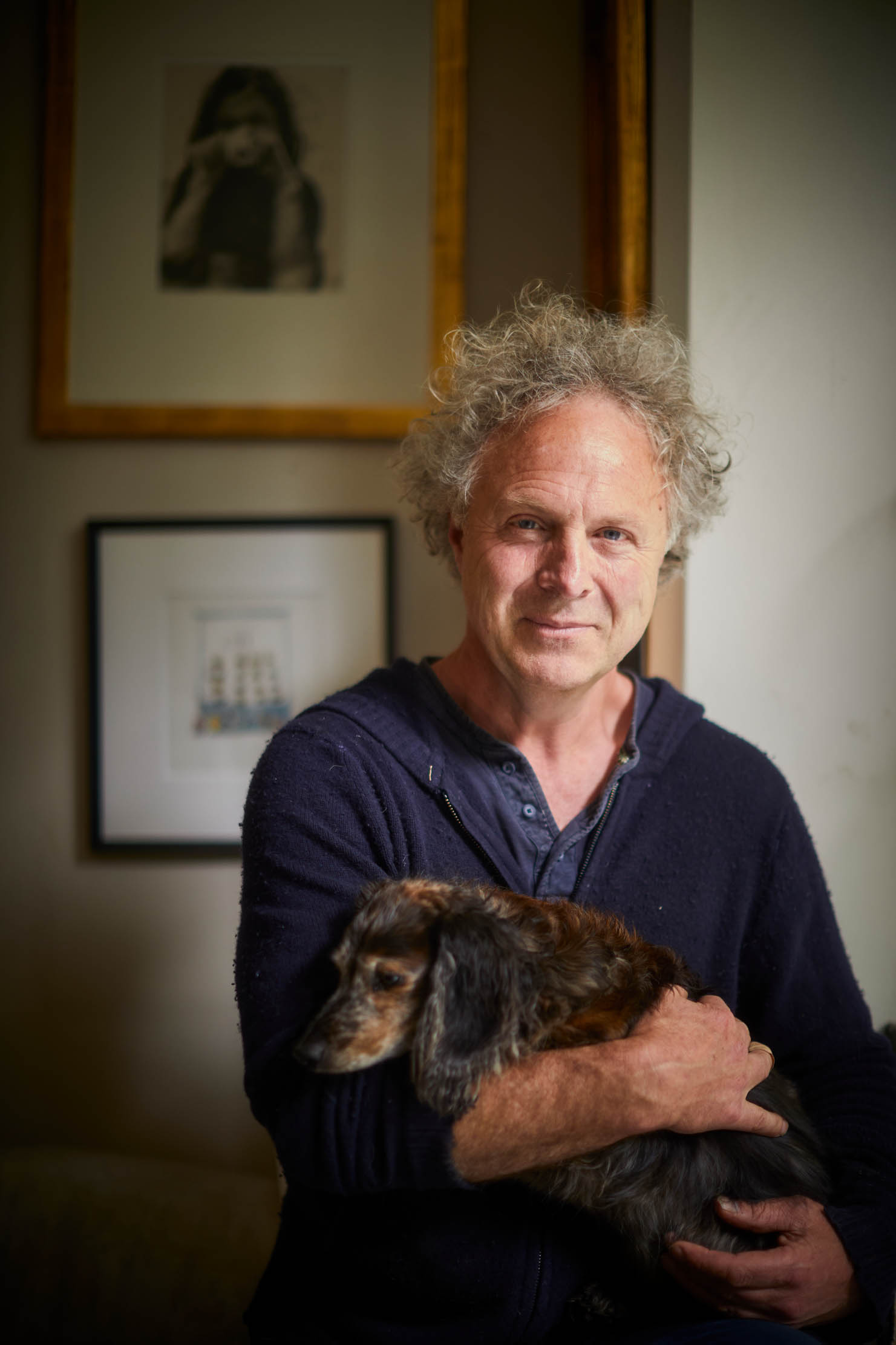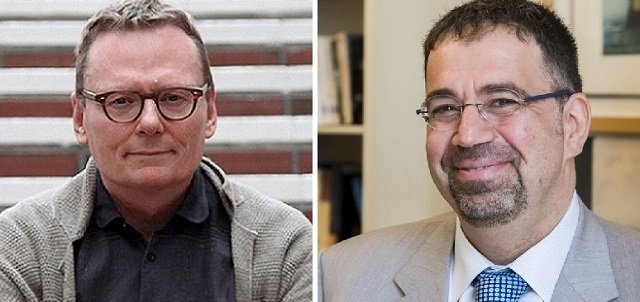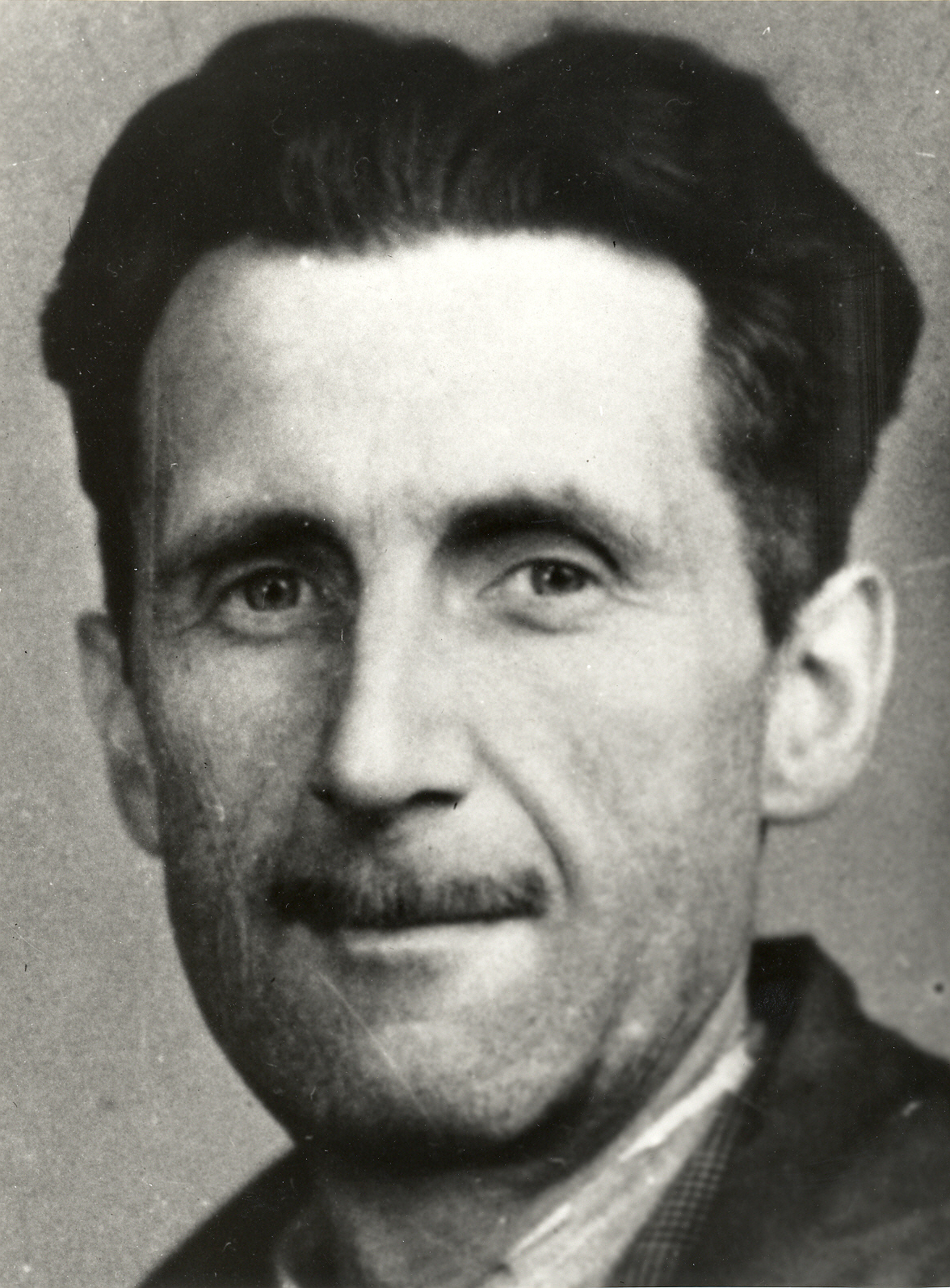
Charlie Mackesy
Author of The Boy, The Mole, The Fox and The Horse
Charlie Mackesy is a British artist, illustrator and author. Born in Northumberland, he briefly attended university before leaving to become a cartoonist for The Spectator and a book illustrator for Oxford University Press.
His journey to creating his bestselling book began on Instagram, where he shared his simple yet profound ink drawings featuring four unlikely friends. What started as social media posts evolved into a global phenomenon that has touched millions of readers around the world.
In 2022, an animated adaptation of his book won the Academy Award for Best Animated Short Film. Mackesy continues to create art that explores themes of kindness, friendship, and emotional vulnerability.
Inspiring Quotes from The Boy, The Mole, The Fox and The Horse:
"What do you want to be when you grow up?" "Kind," said the boy.
"What is the bravest thing you've ever said? asked the boy. 'Help,' said the horse."
"Always remember you matter, you're important and you are loved, and you bring to this world things no one else can."
"One of our greatest freedoms is how we react to things."
"The greatest illusion," said the mole, "is that life should be perfect."
Interesting Facts
- Before becoming an author, Mackesy worked as a cartoonist for The Spectator magazine.
- He has said that the characters in his book represent different aspects of himself.
- His illustrations have been featured in books by other authors, including Bear Grylls.

